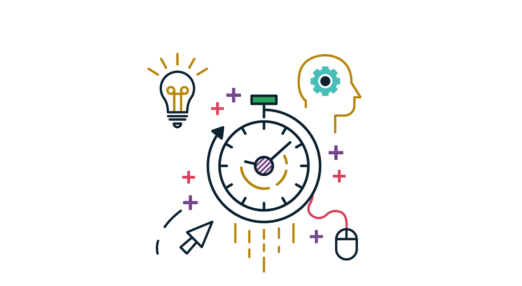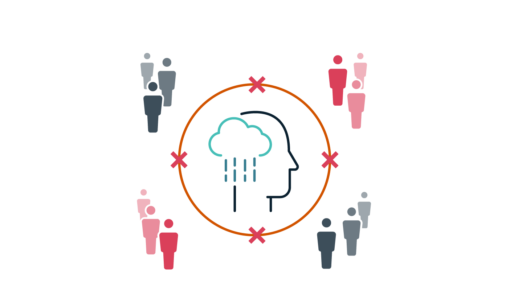Digital divide
Millions of people in the UK don’t have the basic digital skills they need to thrive in today’s world. How much are they missing out on?
Digital inclusion is a social issue.
A lack of digital skills and access can have a huge negative impact on a person’s life, leading to poorer health outcomes and a lower life expectancy, increased loneliness and social isolation, less access to jobs and education.
It can mean paying more for essentials, financial exclusion, an increased risk of experiencing poverty. People who are digitally excluded also lack a voice and visibility in the modern world, as government services and democracy increasingly move online.
What’s more, it’s those already at a disadvantage – through age, education, income, disability, or unemployment – who are most likely to be missing out, further widening the social inequality gap.
What's the impact of the digital divide?

2.9 billion people are digitally excluded worldwide (ITU, 2021)

10 million people in the UK lack the very basic foundation skills needed for our digital world (Lloyds Bank EDS, 2021)

6.9 million people in the UK will remain digitally excluded if nothing is done to help them (Cebr, 2018)








